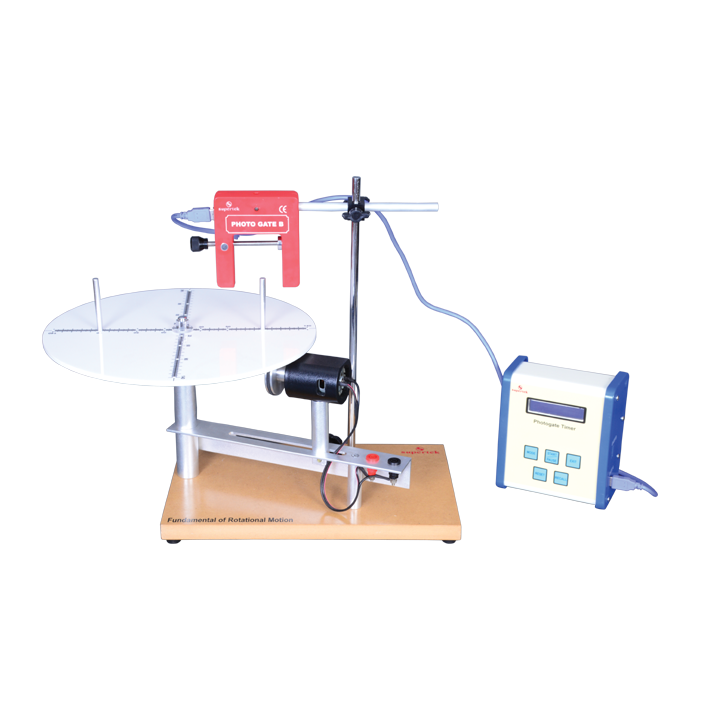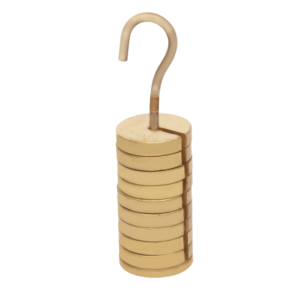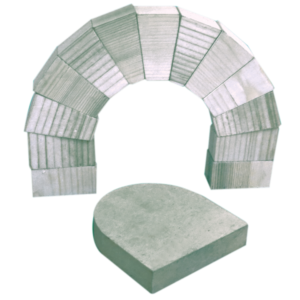لا توجد منتجات في سلة المشتريات.
Rotational Motion Apparatus
Explore the relationship between linear (tangential) and angular velocity with this setup. A DC-driven motor produces various rotational velocity at various distances from the motor. Different radii are drawn on the disk and pegs can be positioned at specific radii. A photogate may be attached as well, so the time of one rotation is easily measured. Students will then make measurements to calculate the angular velocity, which will be constant for a given motor speed independent of position. However, the tangential velocity will vary based on the radius of the circular path. Kit includes a rotational table, ruler and calipers. Required but not included are a 6 V power supply and a photogate system.
| Product # | Quantity | Price | Add To Cart |
Explore the relationship between linear (tangential) and angular velocity with this setup. A DC-driven motor produces various rotational velocity at various distances from the motor. Different radii are drawn on the disk and pegs can be positioned at specific radii. A photogate may be attached as well, so the time of one rotation is easily measured. Students will then make measurements to calculate the angular velocity, which will be constant for a given motor speed independent of position. However, the tangential velocity will vary based on the radius of the circular path. Kit includes a rotational table, ruler and calipers. Required but not included are a 6 V power supply and a photogate system.





